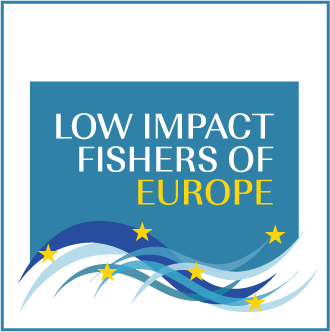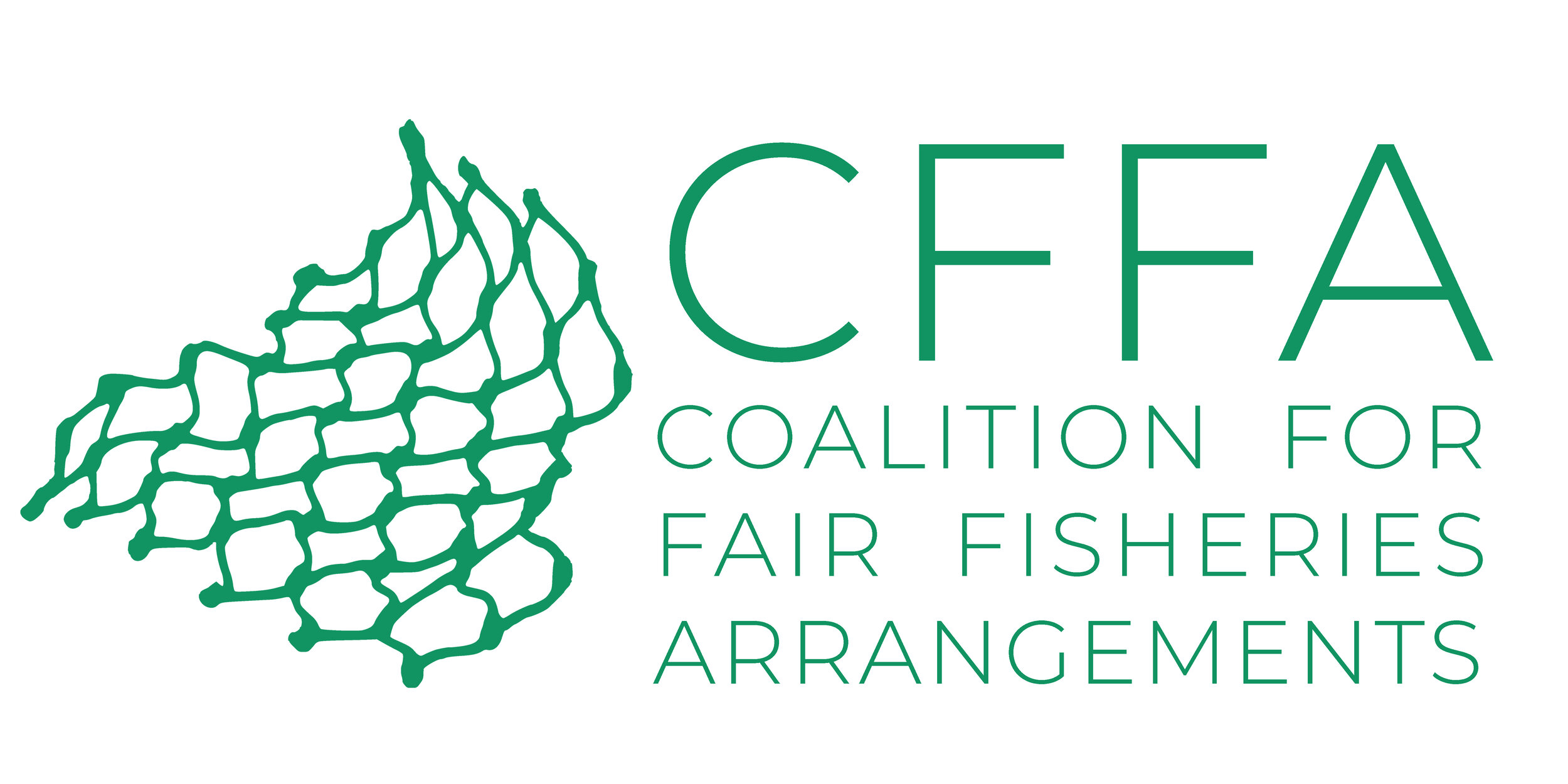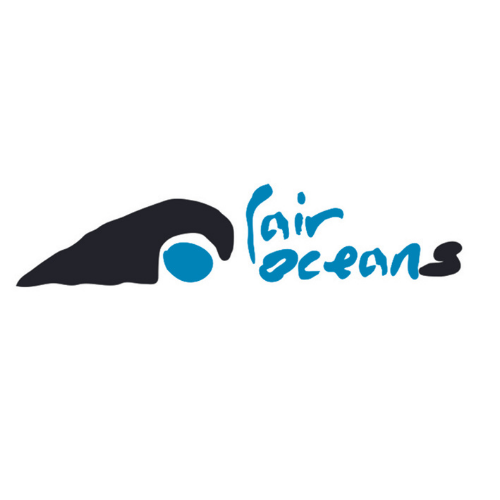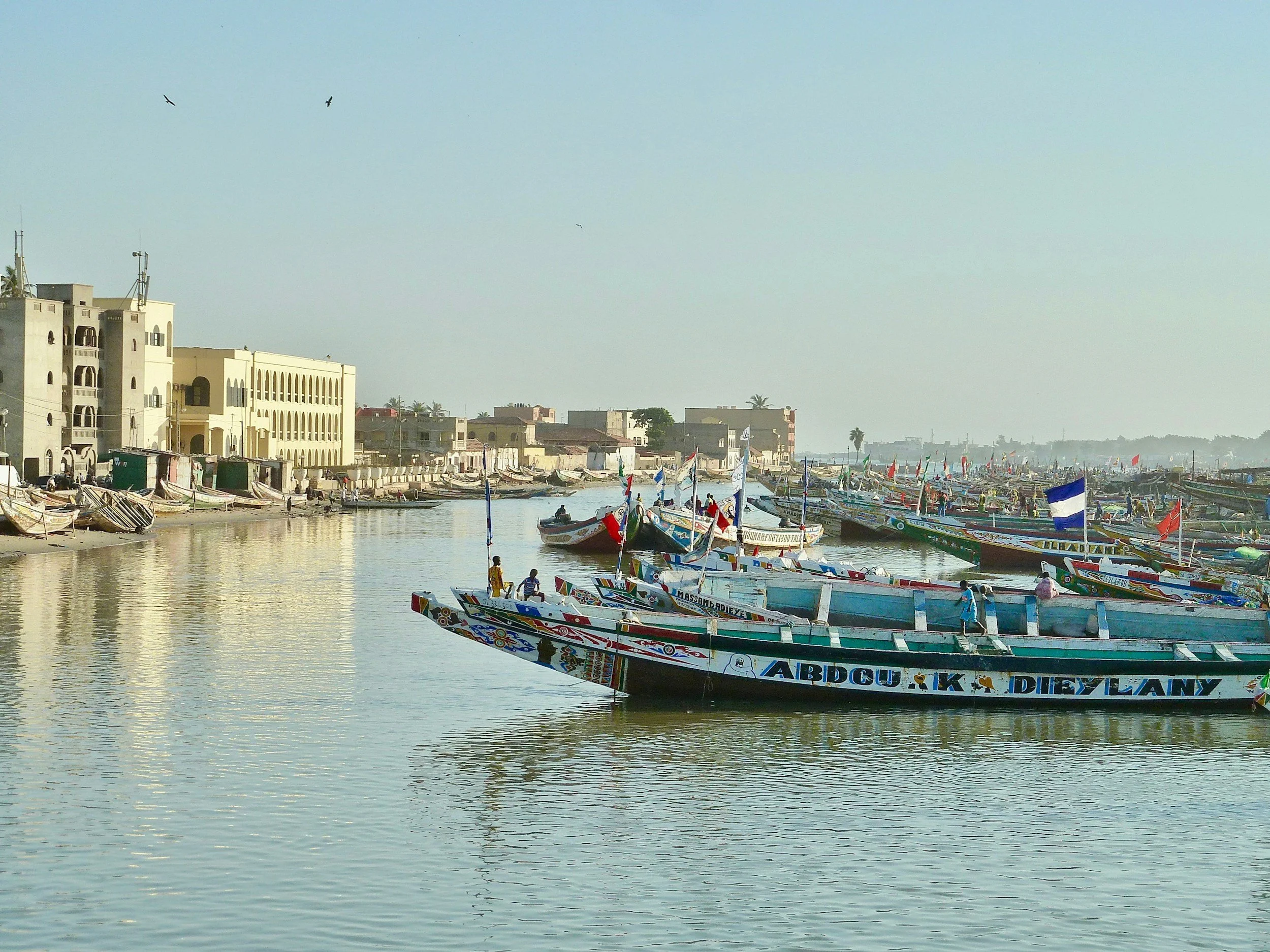For thousands of years, artisanal fisheries have been a pillar for food and nutritional security for coastal communities in Africa.
Today, the sector employs more than 10 million men and women across the continent and feeds about 200 million Africans - men, women and children. Fish, a source of proteins and other key nutrients such as vitamins and amino acids, caught by artisanal fishers, marketed and processed by fish processors, many of which are women, contributes thus to the eradication of hunger and poverty across the continent. Indeed, fish accounts for 22% of protein intake in sub-Saharan Africa and in some countries, it exceeds 50%.
Given the importance of small-scale fisheries for food security and the fight against poverty in Africa, the effective participation of artisanal fisheries stakeholders in decision-making is crucial, and needs to be guaranteed and enabled in a transparent, gender-sensitive manner.
Amidst the Covid-19 emergency, women and men in African artisanal fisheries have, against all odds and with many challenges, ensured access to affordable fish for their communities and the population. Since the beginning of the crisis, their professional organisations have called upon their governments and decision-makers to find ways that will allow small-scale fisheries to continue their essential activities. More than ever before, in this time of crisis, the right decisions have to be taken to support sustainable artisanal fisheries development in Africa.
We, the undersigned, share the concerns expressed by civil society and small-scale producers organisations with regards to the problematic direction of the Food Systems Summit, which has opened the doors to “undue influence from the corporate sector,” revolves too much around the “corporate agenda for transformation of food systems” and whose “human rights approach remains extremely weak.” On the other hand, the UNFSS process has involved very little direct engagement with civil society and small-scale producer organisations, and has not reflected the inclusive spirit of other UN processes. We believe that those most affected by hunger, poverty and malnutrition should be heard, and ultimately shape the future global food systems.
We expect governments to strengthen the Committee on World Food Security (CFS) and its Civil Society Mechanism (CSM), in which representatives of small-scale fisheries also participate in decision-making for sustainable food systems. This is reflected in the report of the CFS-Scientific-Panel (HLPE) on the importance of fisheries for world food security. We are extremely worried by the attempt by a group of academics to downgrade the role of the CFS and create a new instrument as an outcome of the UNFSS - a science-policy interface (SPI) - in favour of technological and data-based solutions to the world food crisis that would not integrate the knowledge and experience of small producers in its policy recommendations.
In this regard, we would like to recall the importance of the Voluntary Guidelines for Securing Small-scale Fisheries as a key instrument with a human-rights and gender-sensitive approach which takes into account the realities of the sector’s whole value chain and its importance for the eradication of hunger and poverty for really sustainable food systems.
We call on our governments, the African Union and the European Union to support the development of national and regional action plans in a transparent, participative and gender-sensitive way, for the effective implementation of these Guidelines.
We, the undersigned, have noted with concern the growing interest in large-scale industrial aquaculture from a food security perspective, which is seen by many as an alternative to fisheries to feed the world. Some of the organisers of the UNFSS are heavily promoting the further expansion of aquaculture and the production of “blue foods” in Africa as a solution to hunger and malnutrition. We would like to recall that industrial aquaculture can simply not replace fisheries, including because global industrial aquaculture supply chains currently are relying on wild-caught fish for fish feed. Additionally, industrial aquaculture does not supply nearly as much employment as the small-scale fisheries sector and cannot be promoted as a viable alternative livelihood for fishing communities.
We also underscore that industrial aquaculture based on fish feed made from wild-caught fish, which produces farmed fish for consumers in wealthy countries, is only increasing food insecurity of the poorest, in particular in West Africa. The exponential increase of fishmeal and fish oil factories in West Africa is leading to an unprecedented food security crisis in the region, with women fish processors struggling to access fish and fishermen losing their livelihoods. The fishmeal industry, and the aquaculture and animal feed industries buying fishmeal and fish oil, are depriving coastal communities of their right to food, as well as contributing to the overexploitation of stocks and the pollution of the environment.
We urge governments and their partners to develop a truly sustainable approach to aquaculture, which does not jeopardize the future of coastal and fishing communities in the African and European continents. We call for the development of fish feed that is not dependent on fresh wild-caught fish, which will be necessary to ensure food systems are sustainable in the long-term.
For all the reasons mentioned above, we will not participate in the UNFFS and support the parallel events to the pre-summit in Rome and the UNFSS in New York. These alternative events will demonstrate the contribution of artisanal fisheries to a healthy and diverse world food supply and how they contribute to the sustainable conservation of fish resources.
The Signatories
Banner photo: Illustration photo/Canva Pro.

















At the ports of Dakar and Bissau, the Turkish cargo ship Hanfeng 88 illustrates opaque trade practices. Behind its routine rotations lies the export of fishmeal from overexploited stocks, to the detriment of food security, marine ecosystems, and local small-scale fisheries.